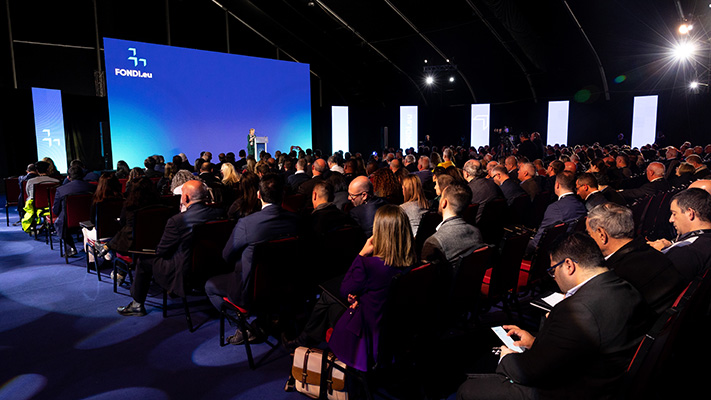
A celebratory event on 23 January 2023 highlighted the launch of Cohesion policy programmes and funding for the 2021-2027 period. The event was led by the Maltese Prime Minister, Robert Abela, and the European Commissioner for Cohesion and Reforms, Elisa Ferreira, and marked the continued importance of the ESF+ for education, social inclusion and meeting the needs of the most vulnerable in Malta.
Millions of Euros for skills of today – and tomorrow
With a big percentage (43%) of its total budget of €205 Million the ESF+ will have a significant effect on skills development across the country. ESF+ projects will support Malta in meeting the challenges it faces in terms of early school leaving, low skills among certain groups of the population or skills shortages in various sectors, with a big focus on investments in education, training and lifelong learning measures. With support for digital education, inclusive educational pathways, lifelong learning and higher education in emerging sectors, the ESF+ will help Malta reach its goals in line with the European Skills Agenda.
The ESF+ will help vulnerable youth to improve their employability, notably through the ALMA initiative for international learning mobility. In line with the EU Gender Equality Strategy, the ESF+ will play a crucial role in supporting national efforts to further improve women´s labour market participation.
The ESF+ in Malta will also support active inclusion, equal opportunities and non-discrimination of disadvantaged groups, such as persons with disabilities. Basic material support will provide a relief to Malta’s most deprived. In addition, Malta will invest in its health systems, providing training to workers in healthcare, social protection and care, rolling out awareness-raising campaigns on healthy lifestyles and wellbeing, and investing in health research.
Building on ESF achievements
With a total budget of €168.3 million, the 2014-2020 ESF Maltese programme successfully invested in prevention and reduction of early-school leaving and access to lifelong learning, active inclusion and quality health and social services, as well as increased access to employment, and improvements to administrative capacity. Another €111.2 million were added in 2021 to support job maintenance in the context of the COVID19 crisis.
By end of 2021, around 54 000 persons were benefitting/benefitted through different opportunities provided by ESF projects, implemented across Malta and Gozo, while around 62 000 persons have benefitted from the Wage Supplement Scheme (job maintenance in the context of the COVID19 crisis).
Some examples include:
-
The ‘Adding Value’ project developed software that helps to personalise students’ learning experience based on their needs and skill levels. The project’s novel approach 'gamifies' learning, providing teaching programmes in the form of interactive games and quizzes.
-
A2E (Access to Employment) encouraged Maltese employers to hire employees who were new to the labour market, focusing on vulnerable groups such as people aged over 50, single parents and people with disabilities – with a project that offers incentives to bring people back into work.



